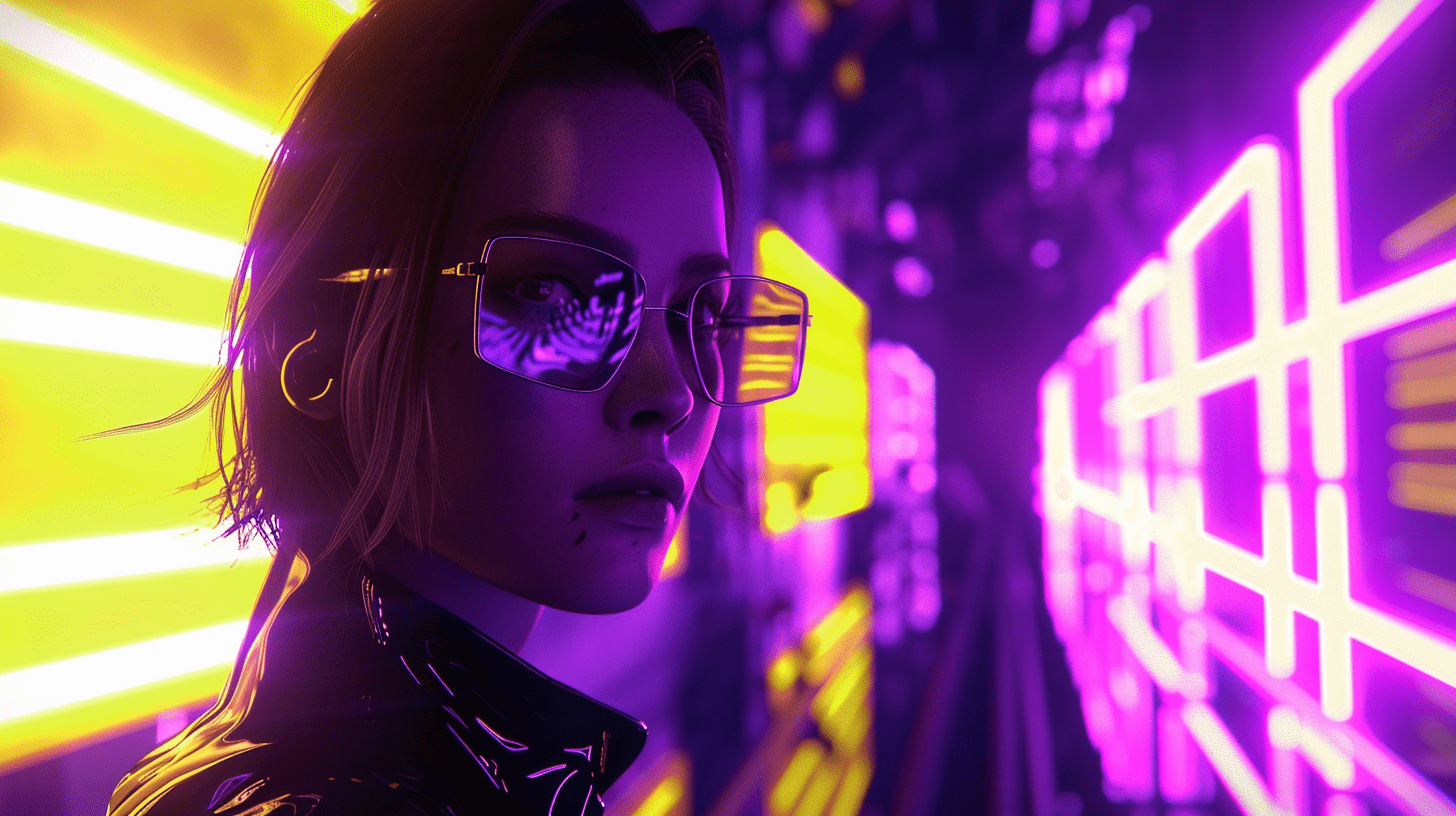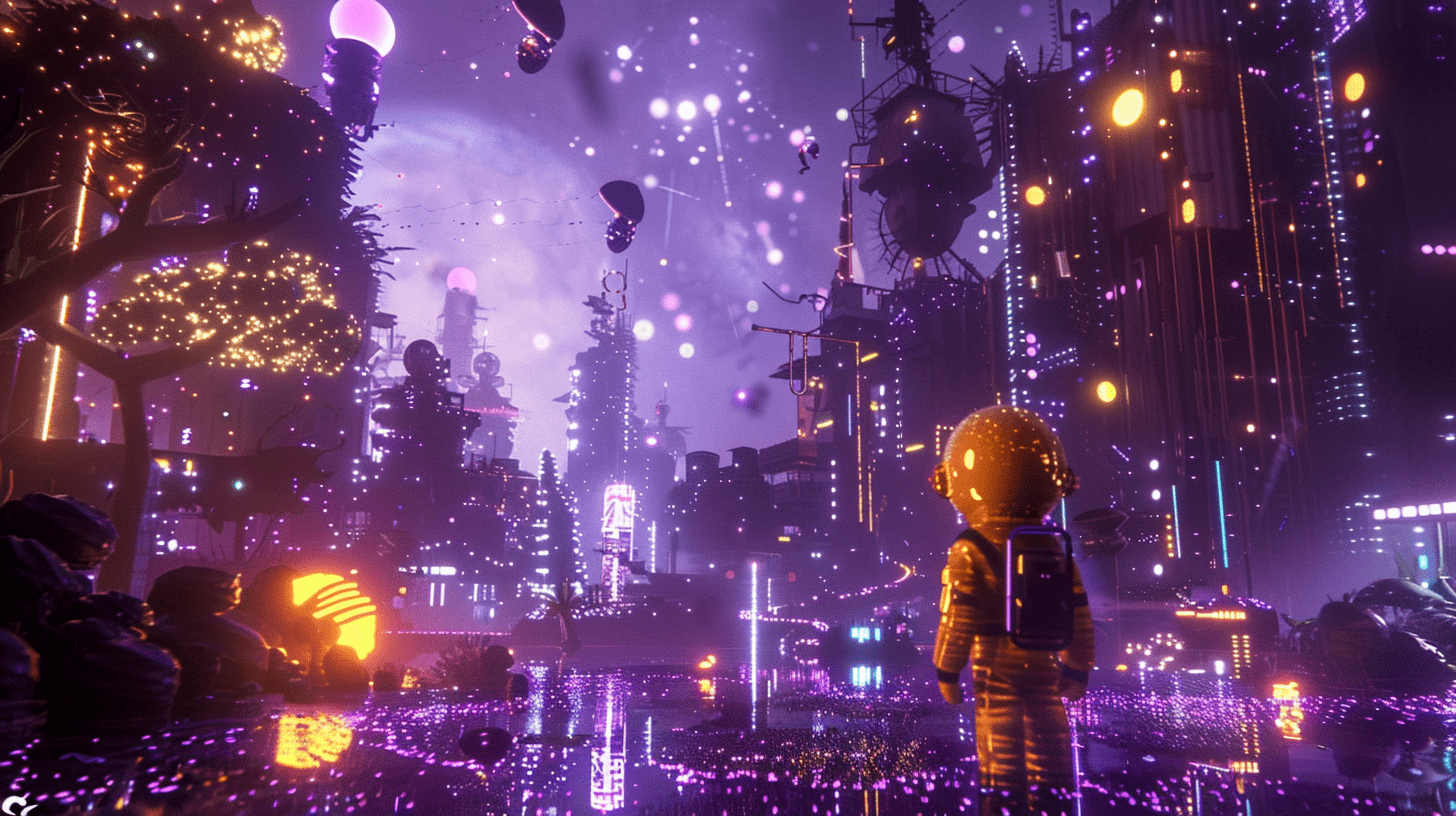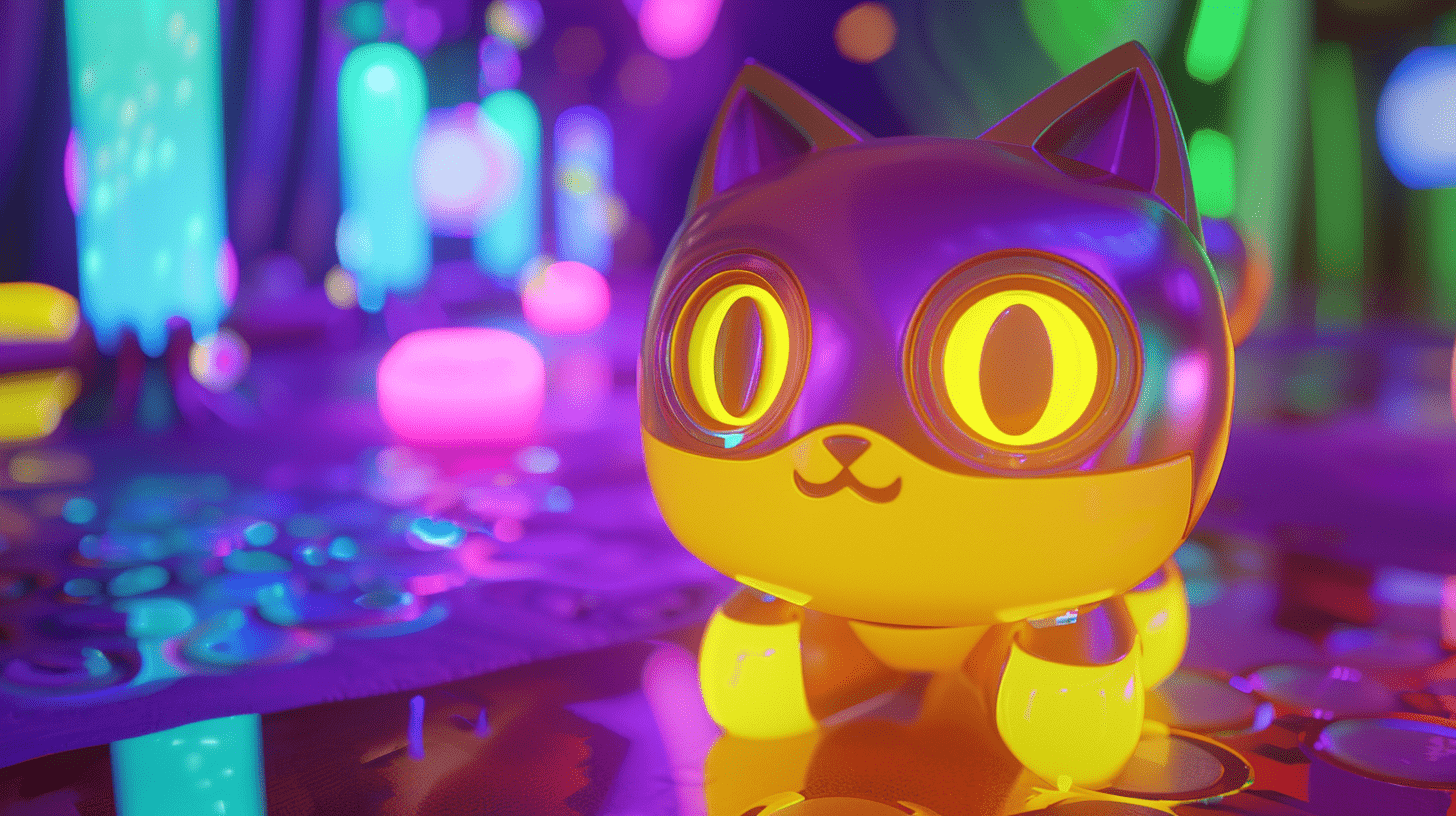The Intersection of DeFi and Gaming: How Crypto Games Are Redefining Finance

Decentralized finance (DeFi) has emerged as one of the most exciting and rapidly growing sectors in the world of cryptocurrency. At the same time, the gaming industry has also been exploring the potential of blockchain technology to create new and innovative gaming experiences. Now, these two worlds are colliding in exciting ways, as DeFi and gaming begin to intersect and influence each other.
In this article, we will explore the intersection of DeFi and gaming, and how crypto games are redefining finance. This topic is important and relevant for anyone interested in the future of finance and gaming, as it has the potential to disrupt traditional financial systems and create new opportunities for gamers and developers alike.

The Rise of DeFi in Gaming
DeFi, or decentralized finance, refers to the use of blockchain technology to create financial applications that are transparent, secure, and accessible to anyone with an internet connection. In recent years, DeFi has exploded in popularity, with billions of dollars now locked into various DeFi protocols.
The gaming industry has not been immune to the DeFi craze, with many developers now exploring the use of DeFi in gaming. One of the primary benefits of DeFi for gaming is that it enables the creation of truly decentralized gaming economies. In traditional gaming models, game developers have complete control over the in-game economy, which can lead to issues such as inflation and manipulation. With DeFi, however, players can have a direct say in the governance of the game's economy, creating a more democratic and transparent system.
Another benefit of DeFi for gaming is that it enables the creation of new types of gaming experiences. For example, some DeFi games allow players to earn yield by staking their in-game assets, creating a new way for gamers to earn passive income. Other games use DeFi to create truly unique gaming experiences, such as decentralized prediction markets and virtual worlds
There are already several popular DeFi games on the market, including Axie Infinity, a blockchain-based game that allows players to collect, breed, and battle fantasy creatures called Axies. Players can earn real money by playing the game and selling their Axies on the open market. Another popular DeFi game is Decentraland, a virtual world that is owned and governed by its users. Players can buy and sell virtual land, create and monetize content, and even advertise within the game.

The Impact of DeFi on Gaming Economies
DeFi has the potential to significantly impact gaming economies by creating more transparent and decentralized systems. One of the main benefits of DeFi is that it allows for greater player ownership and control over in-game assets and currencies. This is achieved through the use of blockchain technology, which enables secure and transparent record-keeping.
In traditional gaming models, players often have limited control over their in-game assets and are subject to the whims of game developers and publishers. However, with DeFi, players can have true ownership of their assets and can even participate in the governance of the game's economy. This can lead to a more engaged and invested player base, as players have a real stake in the game's success.
Moreover, DeFi has the potential to disrupt traditional gaming business models. In the past, game developers relied on selling games and in-game items for revenue. However, with DeFi, new revenue streams can be created through the use of decentralized finance protocols. For example, game developers can create their own in-game currencies that can be traded on decentralized exchanges, allowing them to capture value that was previously lost to third-party marketplaces.
The integration of DeFi into gaming has the potential to create more transparent, decentralized, and player-centric gaming economies. As the technology continues to evolve, we can expect to see more innovative use cases emerge, further blurring the lines between finance and gaming.

The Challenges of Integrating DeFi into Gaming
Integrating DeFi into gaming is not without its challenges. One of the main obstacles is the technical complexity of blockchain technology and smart contracts. Developers must ensure that their games are compatible with various blockchain networks and that transactions are secure and efficient. Additionally, the user experience must be intuitive and accessible to a wider audience, which can be challenging given the technical nature of DeFi.
Regulatory challenges also pose a significant hurdle for DeFi in gaming. The legal status of cryptocurrencies and DeFi platforms varies by jurisdiction, and many governments are still grappling with how to regulate them. This can create uncertainty for game developers and players alike, as well as potential legal and financial risks.
There are also potential risks and downsides to integrating DeFi into gaming. For example, the volatility of cryptocurrencies can create unpredictable and unstable gaming economies. Additionally, the use of smart contracts in gaming can introduce new security vulnerabilities, such as bugs and exploits, that can be exploited by malicious actors. Finally, there is the risk of creating a "pay-to-win" culture, where players with more financial resources have an unfair advantage over others.
Despite these challenges, many in the gaming and DeFi communities believe that the benefits of integrating DeFi into gaming outweigh the risks. By creating more transparent, decentralized, and player-owned gaming economies, DeFi has the potential to revolutionize the gaming industry and create new opportunities for gamers and developers alike. However, it will require careful consideration and collaboration between developers, regulators, and the wider gaming community to ensure that DeFi is integrated into gaming in a safe, secure, and ethical manner.

The Future of DeFi in Gaming
DeFi has already started to make waves in the gaming industry, and its potential to revolutionize gaming economies is immense. As blockchain technology continues to evolve, we can expect to see more innovative uses of DeFi in gaming.
One of the most significant benefits of DeFi in gaming is the creation of more transparent and decentralized gaming economies. By leveraging blockchain technology, DeFi can enable greater player ownership and control over in-game assets and currencies. This can lead to more stable and sustainable gaming economies, as players have a direct stake in the success of the game.
Moreover, DeFi can disrupt traditional gaming business models by enabling new revenue streams for game developers and players. For instance, game developers can create their own DeFi protocols, allowing players to earn interest on their in-game assets or participate in liquidity pools. This can incentivize players to invest more time and resources into the game, creating a more engaged and loyal user base.
However, integrating DeFi into gaming is not without its challenges. Technical and regulatory hurdles must be overcome to ensure a seamless and secure experience for players. Additionally, there are potential risks and downsides to consider, such as the volatility of cryptocurrencies and the potential for fraud or hacking.
Despite these challenges, the future of DeFi in gaming looks promising. As more game developers experiment with DeFi and blockchain technology, we can expect to see more innovative use cases emerge. The integration of DeFi into gaming has the potential to create a new era of gaming economies that are more transparent, decentralized, and rewarding for players and developers alike.

Conclusion
The integration of DeFi into gaming is a rapidly growing trend that has the potential to revolutionize gaming economies. DeFi offers numerous benefits for gaming, including increased transparency, greater player ownership and control, and the potential for new revenue streams. However, there are also challenges to integrating DeFi into gaming, such as technical and regulatory hurdles and potential risks.
Despite these challenges, the future of DeFi in gaming looks promising. Blockchain technology is enabling new and innovative use cases for DeFi in gaming, and we can expect to see continued growth and development in this space. As DeFi and gaming continue to intersect, it will be exciting to see how this relationship evolves and what new opportunities arise.
